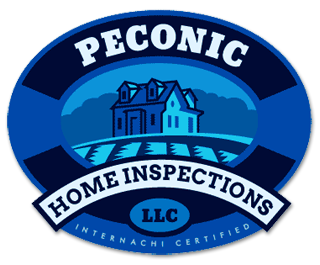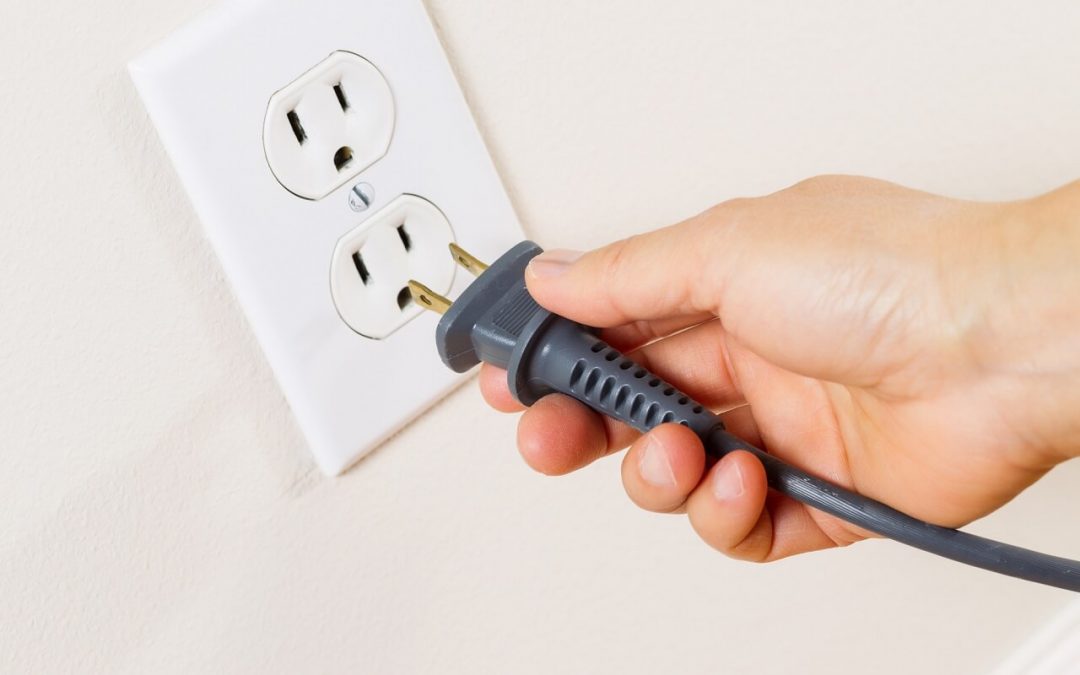Electricity is one of the most convenient aspects of modern living. However, when not dealt with properly, electricity can be hazardous. Here are a few tips all homeowners should be familiar with to have electrical safety in the home.
Electrical Safety in the Home: Don’t Overload Outlets
Avoid overloading a single outlet with multiple adapters and extension cords. Ideally, only one heat-producing device is plugged into a single outlet at a time. Never plug in large appliances like your refrigerator and oven to an extension cord or power adapter.
If you don’t have enough outlets to power your devices, hire an electrician to install outlets in areas where you need them.
Unplug Unused Appliances
If there is an appliance you are not using, unplug it until it is needed again. Even when not in use, some appliances continue to draw power. Unplugging them will save energy costs while protecting the appliance from electrical surges.
Avoid Long-Term Use of Extension Cords
Use extension cords only temporarily when you need power in an area without a convenient outlet. Don’t use them as a long-term or permanent solution for accessing electricity. They are tripping and fire hazards.
If you often require extension cords, contact an electrician to install more outlets in your home.
Install Arc-Fault and Ground Fault Circuit Interrupters
Arc faults are responsible for thousands of fires in the U.S. They are caused by loose wiring or connections and can generate enough heat to melt wiring insulation. The installation of arc-fault circuit interrupters can help prevent this type of fire.
Ground fault circuit interrupters (GFCIs) should be installed as well, as they help prevent fires and electrocution. These outlets turn off if an unusual electrical current is detected. GFCI outlets are recommended in the kitchen, bathroom, and anywhere moisture is present.
Electrical Safety in the Home: Inspect Electrical Cords and Outlets Regularly
Check household electrical cords regularly for issues, including cracks, frays, and damaged insulation. Don’t use staples or nails to hold cords in place.
Check your outlets regularly. If one is warm, it is a sign of a problem with the device plugged into that outlet or a larger electrical issue in the home. Don’t use this outlet; switch it off at the breaker box, and contact a professional to assess the problem.
Peconic Home Inspections offers inspections to customers on Long Island. If you’re buying or selling a home, contact us to request our services.

